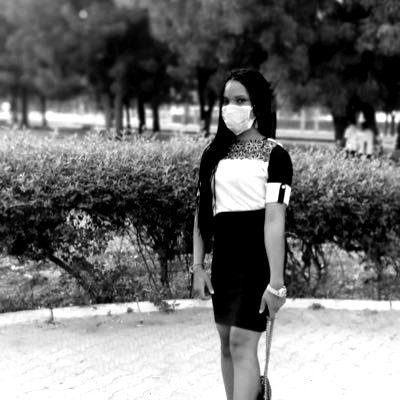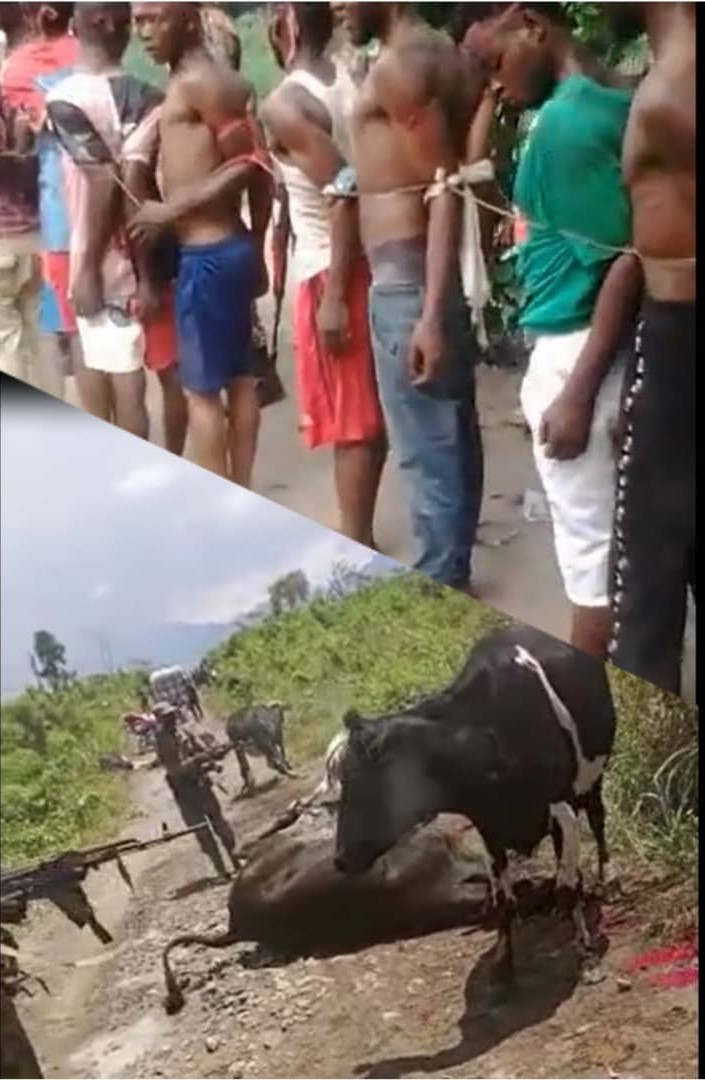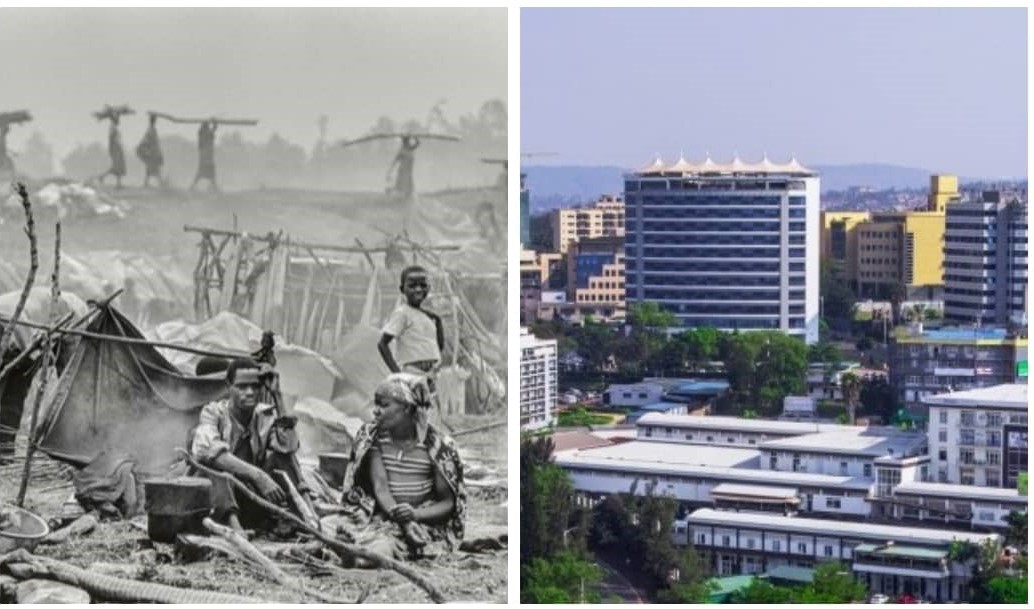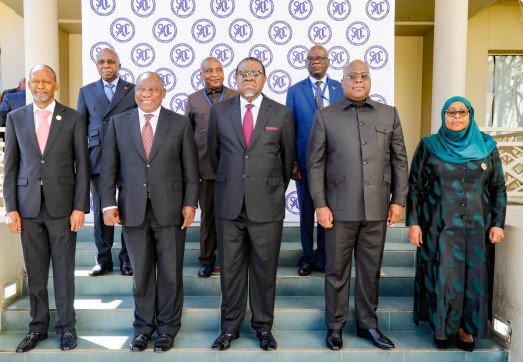Regional
DRC's Bemba goes arms shopping; can Tshisekedi’s army use them?
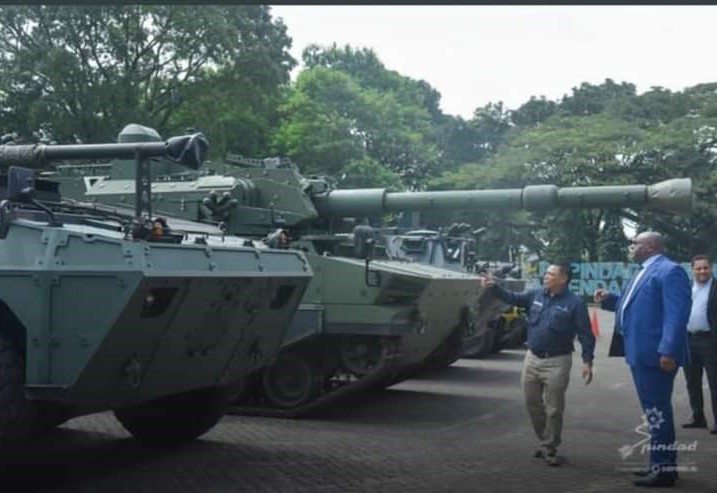
Less
than two months after his appointment, the Deputy Prime Minister and Defense
Minister of the Democratic Republic of Congo (DRC), Jean Pierre Bemba, is on an
arms shopping spree in Asia. On May 11, he traveled to Indonesia where he met
the country's ammunition producer and signed military cooperation agreements.
According
to the agreements, DRC plans to purchase Indonesian-made defense equipment and
enroll Congolese cadets at the Indonesian military academy, among others.
In
December 2022, the UN Security Council lifted a nearly two decades old arms
embargo on DRC. Since then, the Congolese government has been purchasing
weapons from across the world, as was the case when former Defense Minister,
Gilbert Kabanda Kurhenga, visited Russia to purchase weapons. In August 2022,
Kurhenga, visited Moscow to attend the 10th Conference on International
Security, on the sidelines of which he met a number of his Russian counterparts
intent on buying the necessary weapons to defeat the M23 rebels.
In
March 2022, the M23 rebellion launched a new offensive in North Kivu province
in eastern DRC. The renewed activity of the rebel group, which had been largely
dormant for about 10 years, led to a strong demand in Kinshasa for weapons. The
Tshisekedi government later approved an ambitious military spending plan,
worth $3.5 billion from 2022 to 2025. Kinshasa is looking to buy weapons and
talking with a wide range of suppliers.
According
to reports, Kinshasa purchased three Sukhoi-25 fighter jets, several multi-role
combat aircrafts from China, among others.
But
with all these acquired weapons, and more to come, why has the Congolese
national army, FARDC, failed to fight the more than 130 foreign and local armed
groups that are killing, looting and destroying the country?
There’s
a broad consensus among analysts that what is needed is primarily a structural
reform of the Congolese army to address its weaknesses; buying more
weapons will not solve its problems.
With
over 13,000 active personnel, FARDC’s capability is dubious. The army is
continuously defeated by small armed groups. Congolese army units have instead
resorted to a discrediting and damaging practice of using abusive armed groups such
as the genocidal FDLR militia, Nyatura MPA, APCLS, and Mai Mai, as their
proxies.
A
Human Rights Watch report published in October 2022, pined FADRC on supplying
arms and ammunitions to the FDLR terror group that is responsible for the 1994 genocide
against the Tutsi in Rwanda.
The
newly purchased arms by Kinshasa, will only be distributed to these terrorist
groups all over again, wreaking more chaos instead of serving any purpose in
bringing peace in DRC.
Kinshasa
needs to understand that a big number of soldiers, purchasing expensive war equipment
will add no value. It is not the numbers that win wars but the commander's
brain; something that is lacking in the country’s system.
Congolese
soldiers have complained of poor welfare, which does not motivate them, making
them resort to other sources of income. Besides selling their guns, ammunitions,
and uniforms, Congolese security forces have been reported setting up barriers on
roads for civilians to cross only after paying a bribe; the same citizens they
are supposed to protect.
On
October 31, an anonymous FARDC Colonel wrote an open letter to President Felix Tshisekedi,
showing how their army’s failures resulted from entrusting command to ‘mafia
vultures and untrained’ officers.
The
letter reminded Tshisekedi that the Generals constituting the elites of the
army are supposed to have completed three cycles of officer training such as
Military Academy, Staff Course, War School or Higher School of Military
Administration. None of the Generals appointed to head the FARDC attended any
of these military schools, which results in numerous losses when fighting armed
groups.
With
poor training, low pay, a critical lack of esprit de corps, patriotism,
and a culture of corruption and politicization, how can anyone expect the DRC army
to perform better, even with the most sophisticated weapons on earth?
Kinshasa
should walk the diplomacy path before it’s too late. War, with such a weak army,
is not DRC’s advantage.


